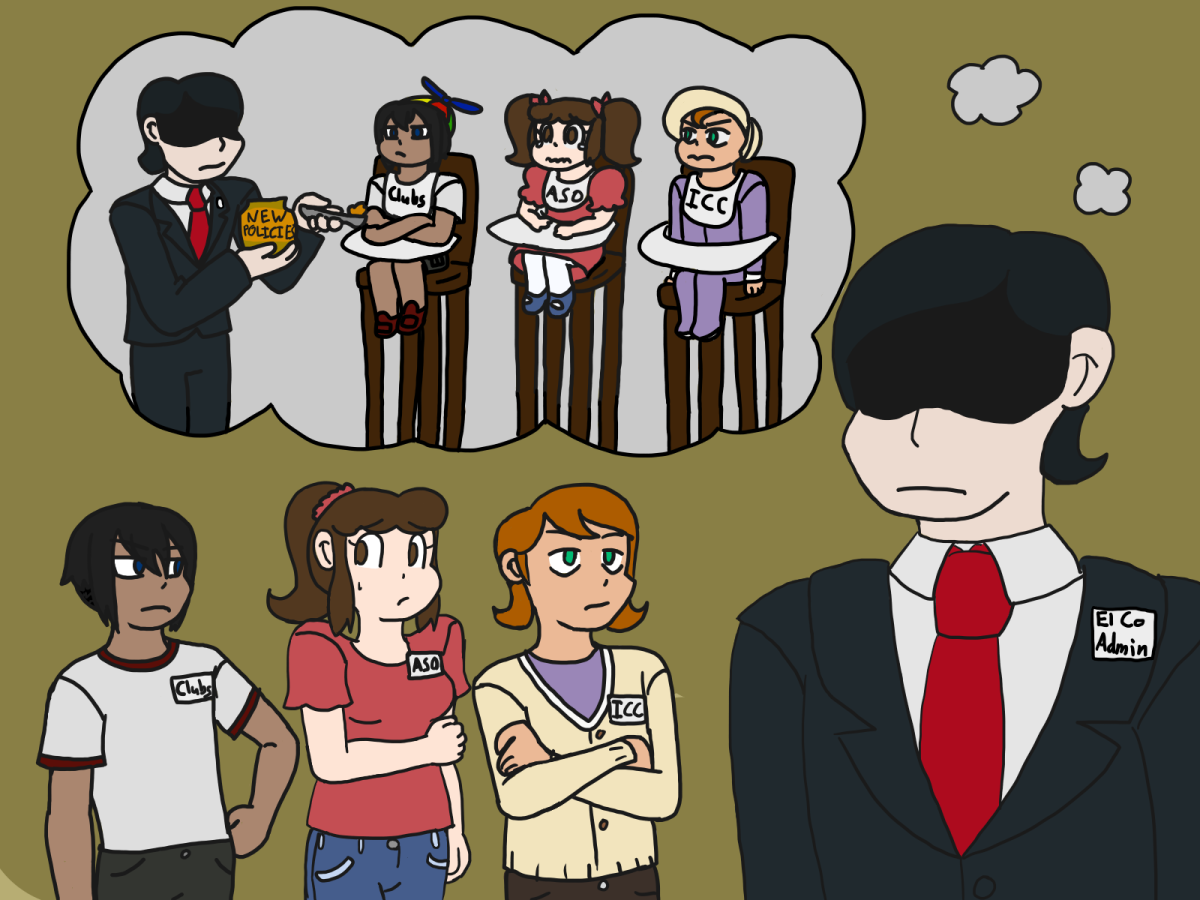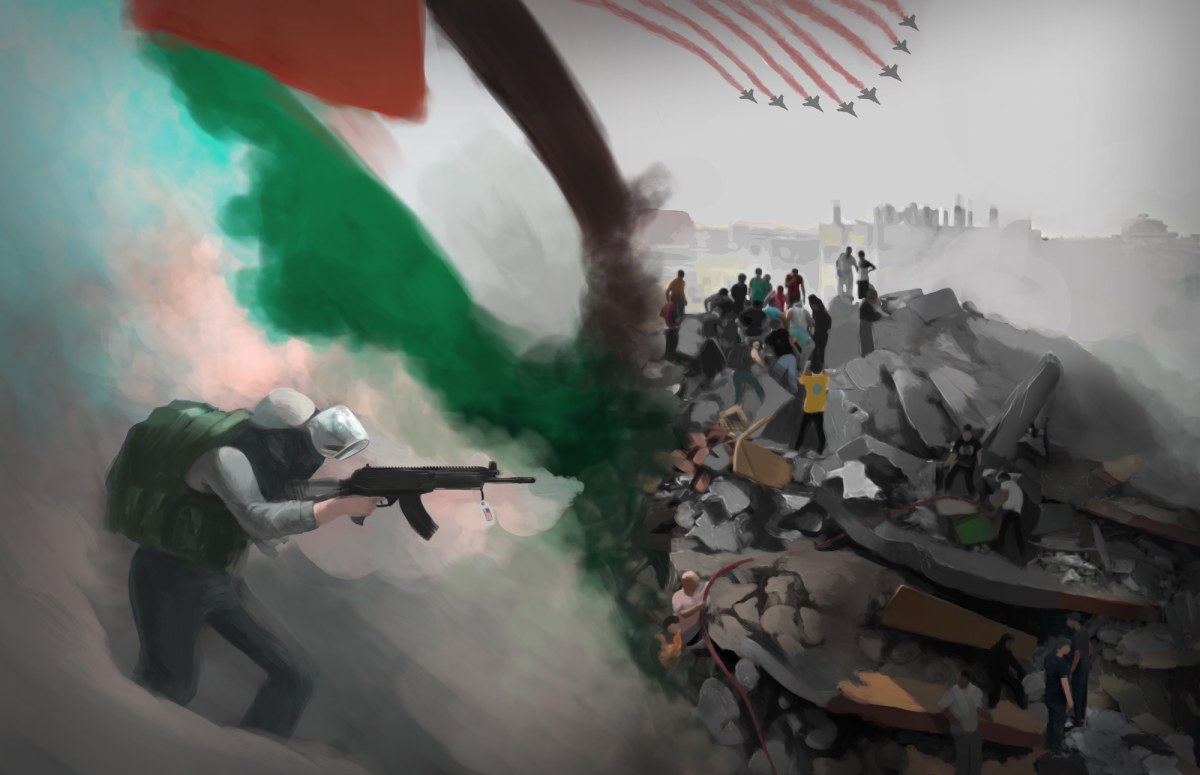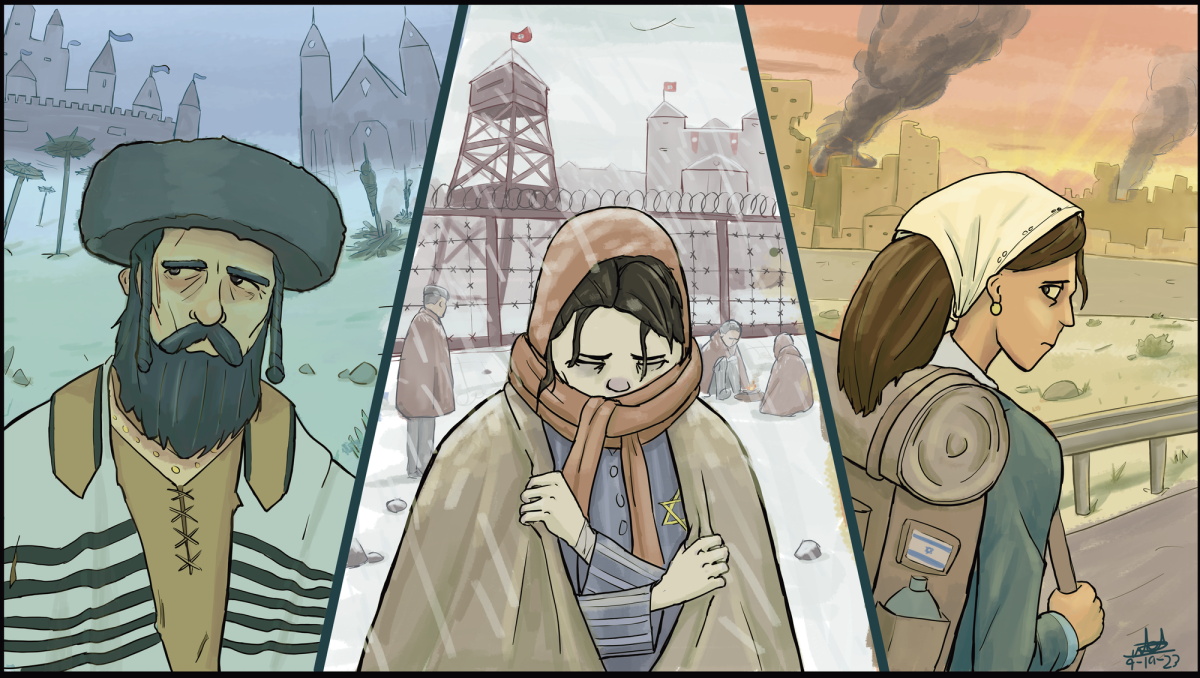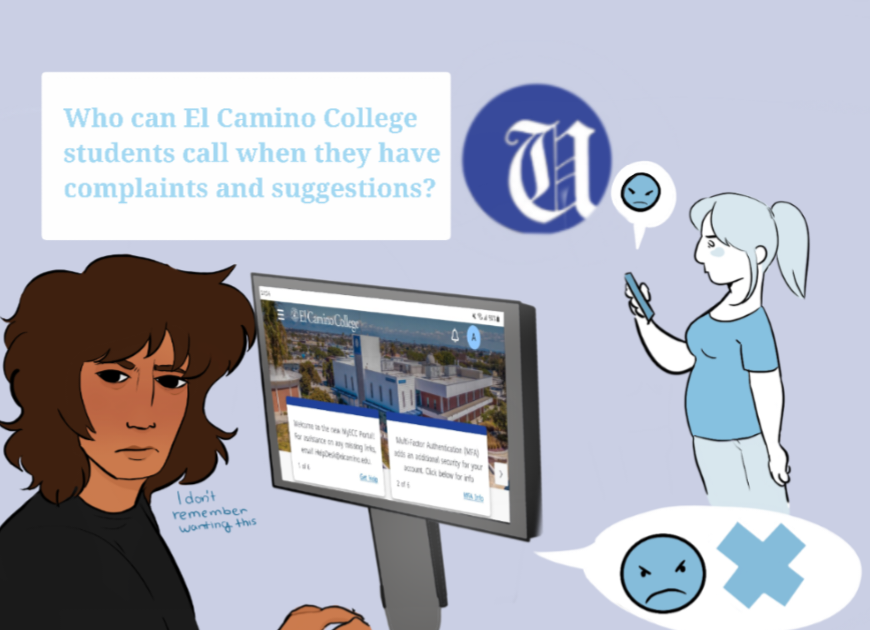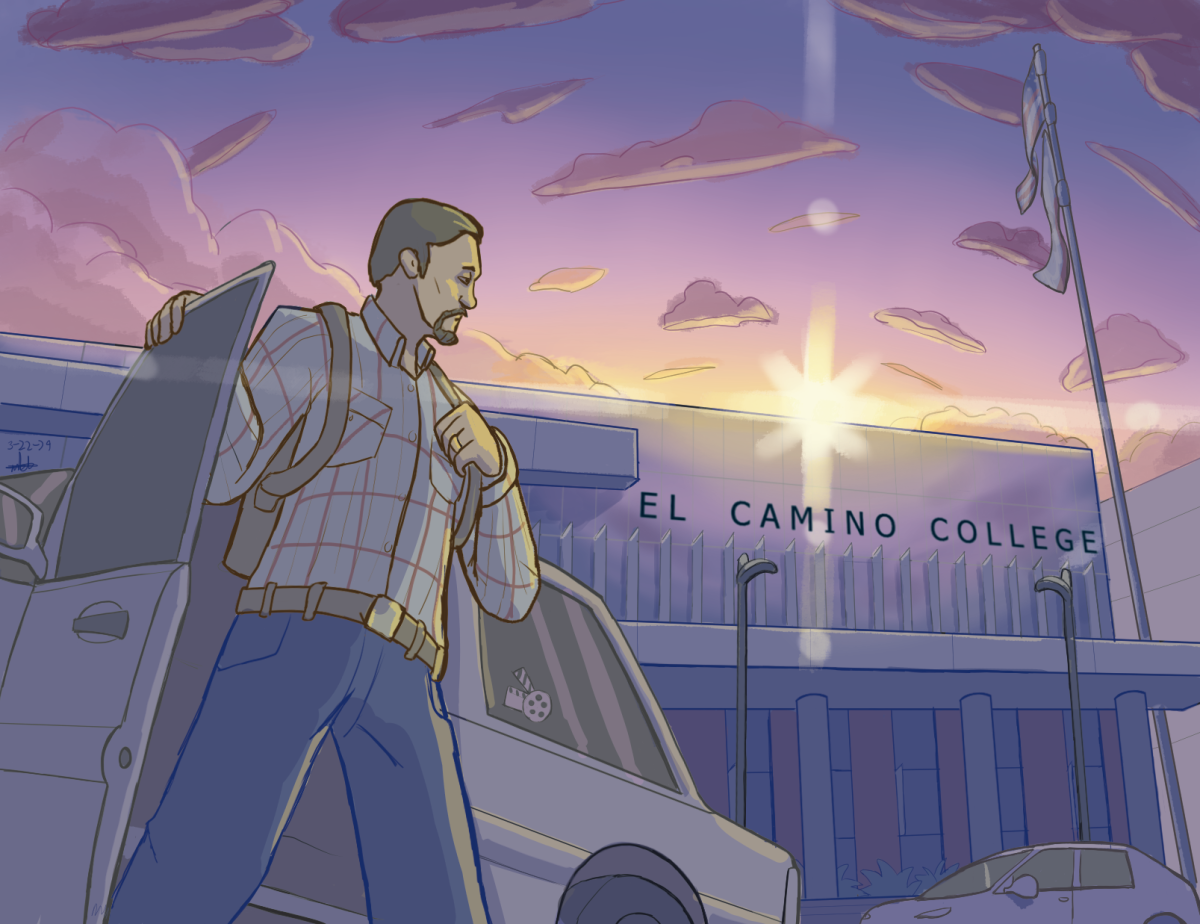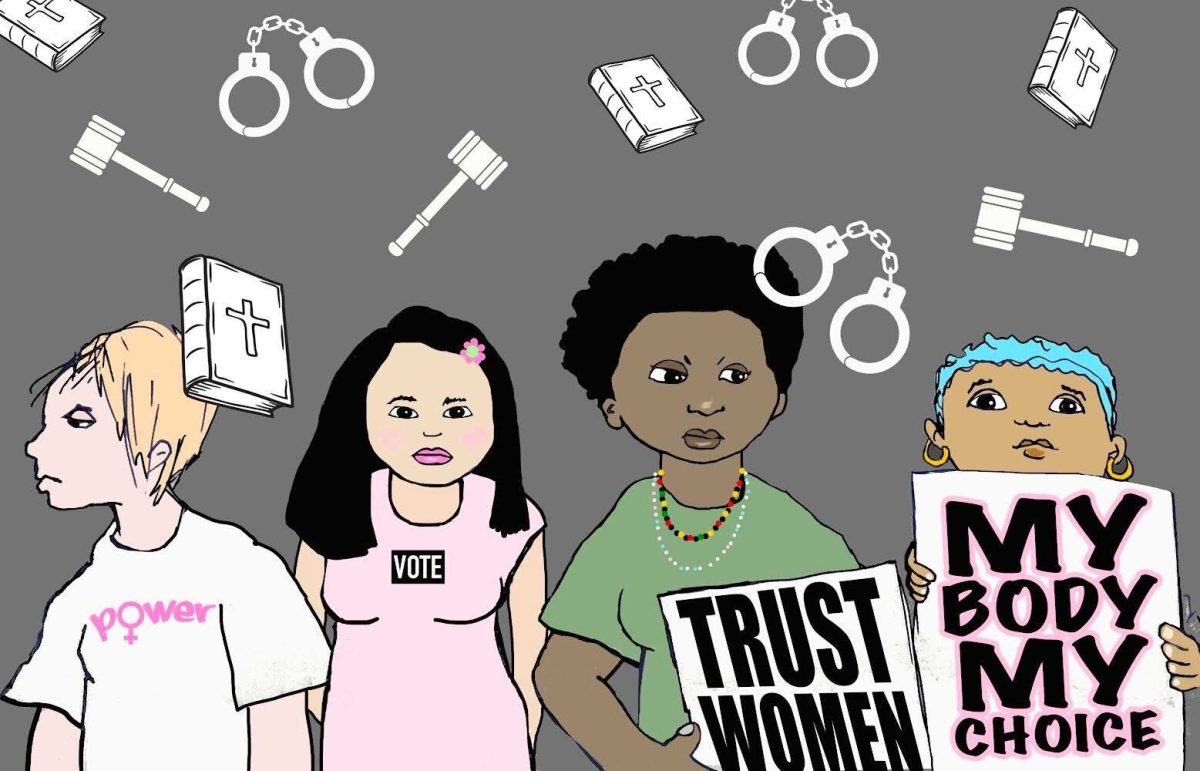In low-income neighborhoods, such as South Central Los Angeles, grocery stores sell poor quality food that’s always overpriced.
For whatever reasons, these communities do not receive the freshest selection of produce or meat. Instead, low-income communities are forced to purchase groceries that look like they have been thrown off the back of a truck.
The sad thing is, many families have no choice but to shop at the friendly grocery store just 10 minutes away from home. Transportation is made possible with two feet and strength.
This does not affect families that have the luxury of shopping at grocery stores where mini food stands exist or where meat is so fresh it looks like a dream.
But it does matter for many who wish to experience that same feeling in their own neighborhoods.
Grocery stores feed into statistics by selling low quality food.
Things will not progress unless a change is made somewhere.
The employees that work at the various stores don’t buy a lot of groceries where they work, so what’s the real message.
It’s a low-income community because food is sold for poor quality.
Some residents have no problems traveling to other stores, but some do because a car is not readily available.
One cannot assume all who live in Los Angeles have a car.
Shopping at Food 4 Less in Torrance feels like royal treatment compared to Food 4 Less in the Martin Luther King Shopping Center.
It gets frustrating and disappointing because families that live in low-income communities are disadvantaged.
The solution is simple: these communities deserve the same shopping benefits that other groceries stores have in areas like Hawthorne.
For example, the lettuce served at one Food 4 Less looked unsuitable.
The lettuce looked brown on the edges, felt soft, and wasn’t cold.
If a customer wanted to make a salad with this lettuce it would be a waste.
In addition, the lettuce did not come with a plastic covering.
The vendors must have felt the lettuce did not need one.
In other words, poor communities should not have to eat poor, distasteful food.


